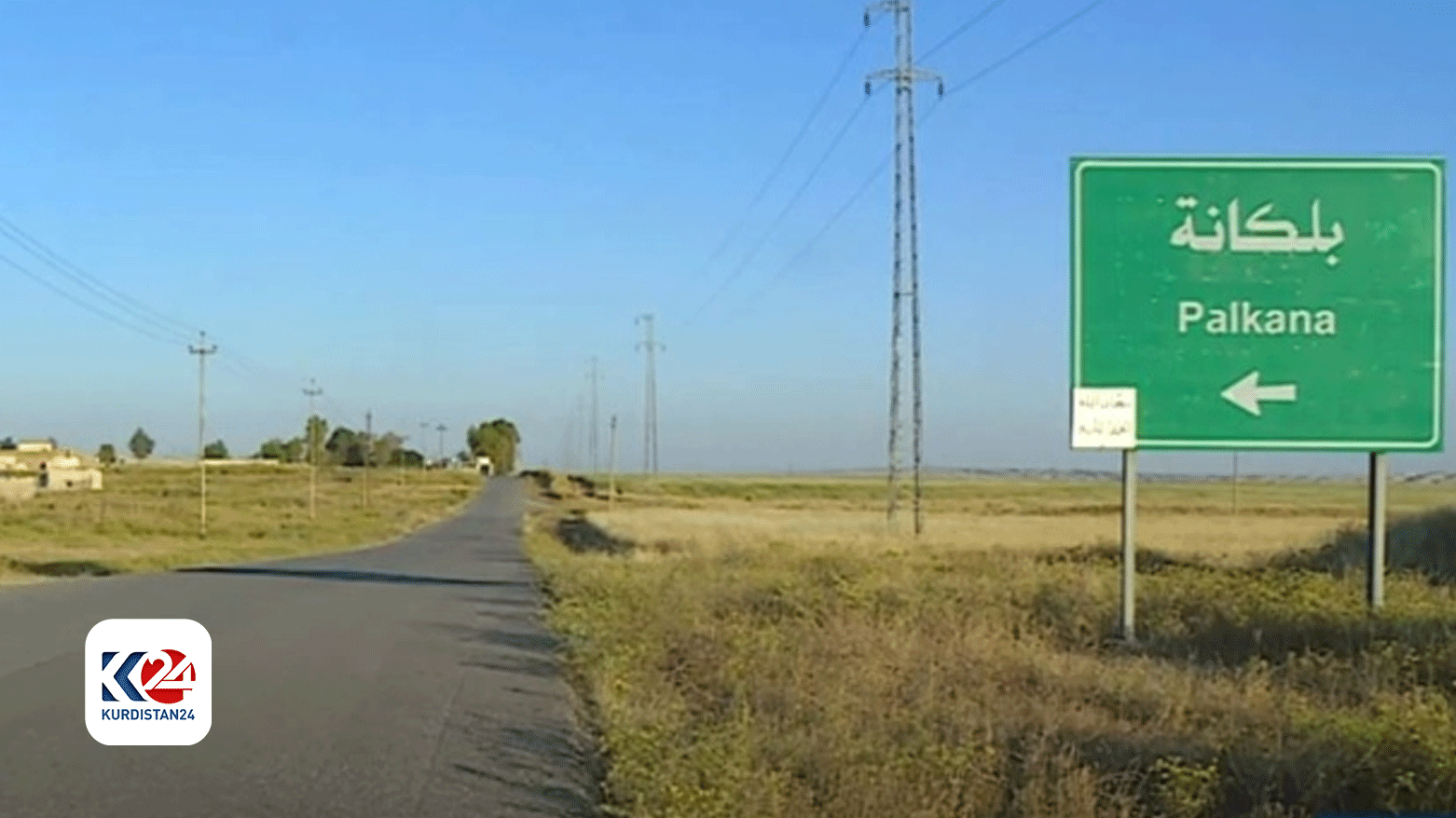Iraqi Army bans wheat, barley harvesting in other Kurdish areas of Kirkuk province
The Iraqi army ordered the suspension of harvesting activities in the villages of Salayi in the Altun Kupri, AKA Perde, west from Dubiz-Erbil road and east near the vicinity of Qarabag village, warning farmers against proceeding with their harvest.

ERBIL (Kurdistan24) – The Iraqi army has imposed a ban on wheat and barley harvesting in the Sargaran border area of Kirkuk province, sparking tensions with local farmers.
In a recent directive, the Iraqi army ordered the suspension of harvesting activities in the villages of Salayi in the Altun Kupri, also known as Perde, west from Dubiz-Erbil road and east near the vicinity of Qarabag village, warning farmers against proceeding with their harvest.
Tensions escalated when two Kurdish farmers were reportedly arrested by the Iraqi army while harvesting barley in the village of Galozi, highlighting the growing dispute over agricultural activities in the region.
Kurdish farmers in the Sargaran sub-district of Kirkuk province are mobilizing to protest the Iraqi army's prohibition on harvesting wheat and barley, with warnings of demonstrations should the decision not be rescinded.
Mohammed Ismail, a representative of farmers in Sargaran, condemned the directive issued by the commander of the eighth division of the Iraqi army, which strictly forbids Kurdish farmers from harvesting their crops.
Ismail expressed concerns over potential repercussions for those who defy the order, citing punitive measures threatened by the military.
Describing the decision as "chauvinistic," Ismail asserted the refusal of farmers to comply, declaring plans for a demonstration on Monday, April 29, 2024, if the ban remains in place.
"There is no justification for preventing Kurdish farmers from harvesting in Sargaran, especially considering the cancellation of contracts held by imported Arab settlers by the court," emphasized Ismail.
He called upon Kurdish representatives in the Iraqi parliament, particularly Shakhawan Abdullah, Deputy Speaker of the House of Representatives, to intervene and annul the decree.
In Kirkuk province, where 1.1 million dunams of land are under dispute, the cancellation of contracts could potentially resolve one-third of the ongoing disputes.
Decision No. 29 of 1975, specific to the northern affairs, as annulled by the Iraqi Ministry of Justice in 2012. In this, the Iraqi Ministry of Justice had mandated the reversal of decisions made by the Northern Affairs Committee, directing pressure on courts and the Kirkuk cadastral office to restore an additional 900,000 dunams of land to Kurdish and Turkmen farmers.